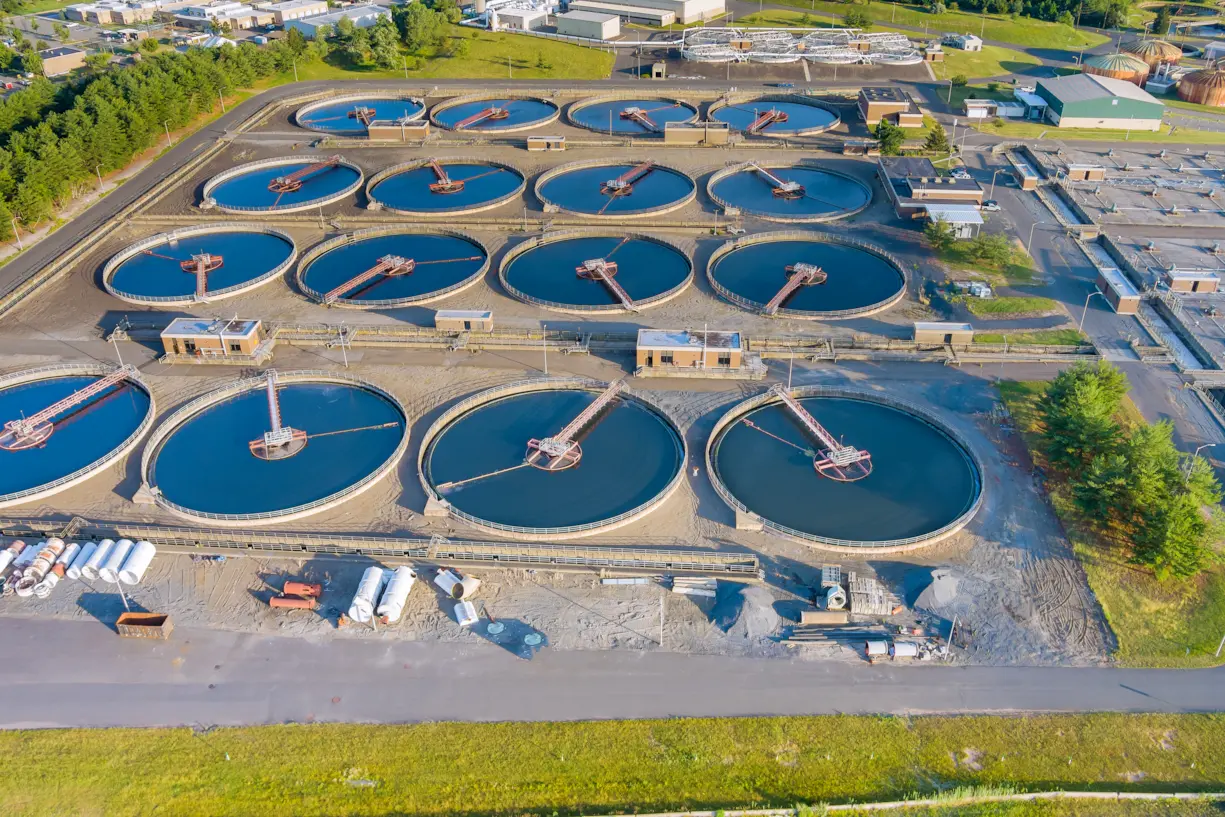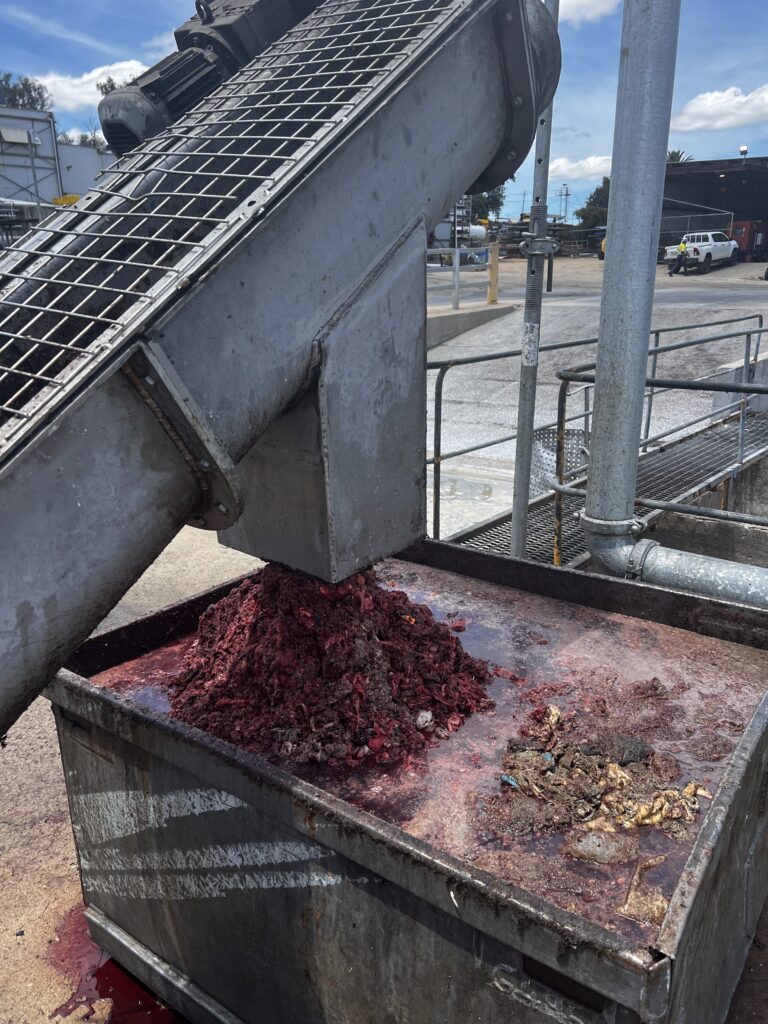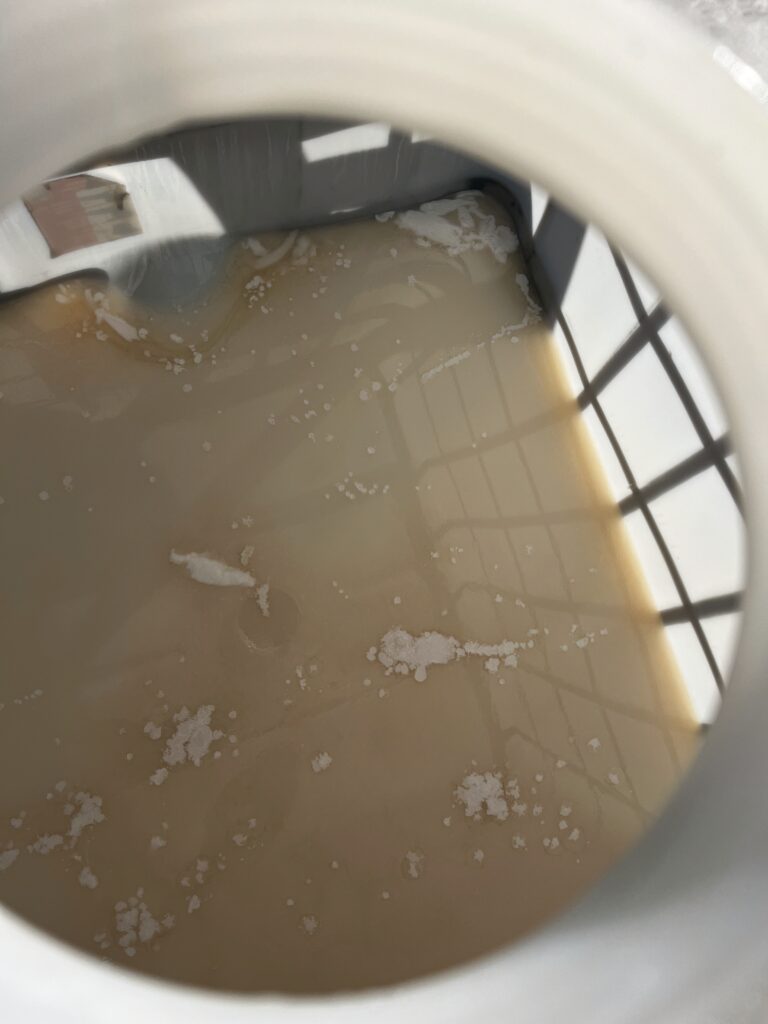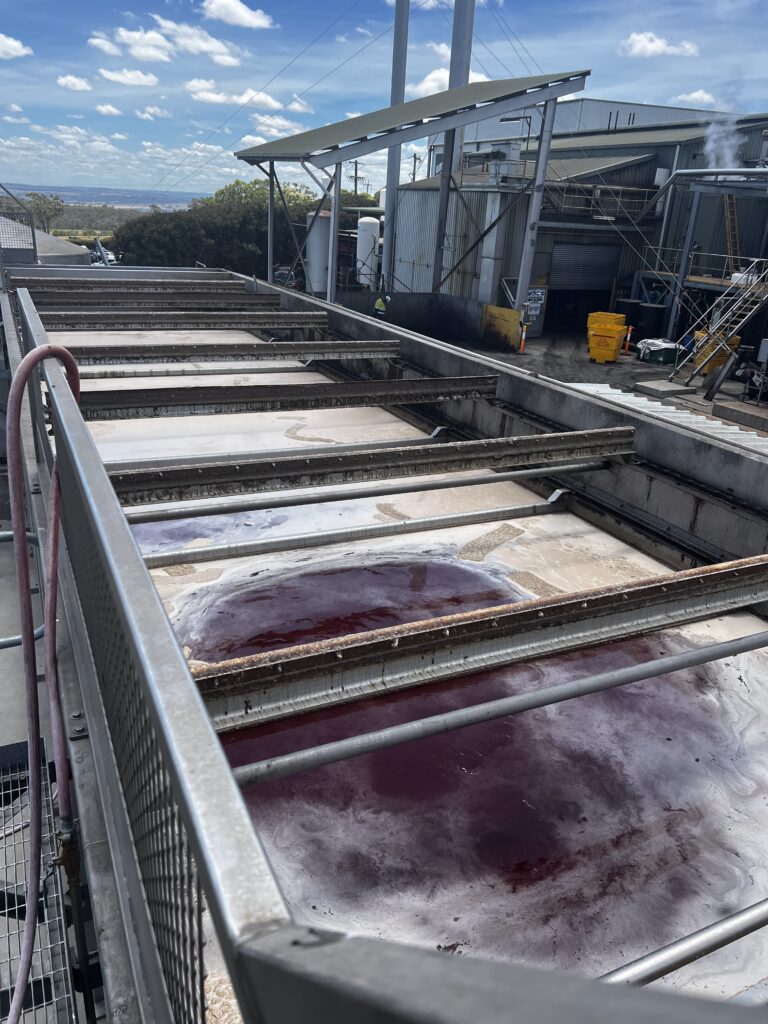Natural Coagulant
What Is a Natural Coagulant?
A natural coagulant is a plant-derived or organically sourced substance used to treat turbid water by promoting the aggregation of suspended particles. Unlike traditional coagulants that rely on synthetic chemicals or metal salts, these natural materials are obtained from seeds, roots, or plant fibres and used to clarify water without introducing harsh residues. Natural coagulants derived from sources like Moringa oleifera seeds or tannin-based extracts are gaining momentum as viable options in water and wastewater treatment due to their safety, biodegradability and low environmental impact.
The global shift toward sustainable practices in water treatment is driving interest in alternatives to aluminium-based and ferric chemical coagulants. As water research continues to explore natural sources, the use of natural coagulants is proving not only effective in reducing turbidity but also in supporting long-term public health, environmental sustainability and improved treatment efficiency.


Why the Shift Toward Natural Alternatives
Traditional coagulants have long been used to treat drinking water and industrial wastewater by neutralising negatively charged particles and facilitating floc formation. However, these substances often present significant drawbacks. The presence of heavy metals, risk of chemical residue, and excess sludge generation can result in long-term environmental impact and increased treatment costs. Moreover, chemical oxygen demand may rise in downstream processes when synthetic chemicals are overused or improperly dosed.
In contrast, natural coagulants are biodegradable, non-toxic and derived from natural materials. For example, moringa seeds are an effective natural coagulant obtained through simple processing. When crushed into fine powder, they offer promising turbidity removal capacity while posing minimal threat to aquatic life or human health. The shift is also being supported by further research in environmental engineering, confirming the suitability of plant-based alternatives for treating wastewater and drinking water in both developed and developing countries.
How Natural Coagulants Work in Water Treatment
In water treatment plants, the role of any coagulant is to destabilise colloidal particles and promote their aggregation through flocculation. Natural coagulants act by introducing positively charged molecules that neutralise the surface charge of suspended particles. This action enables the formation of flocs that are heavy enough to settle or be filtered out during subsequent stages of the treatment process.
Natural flocculants such as tannin or compounds found in moringa oleifera seeds exhibit magnetic properties that bind to organic matter, making them ideal for removing turbidity from surface water, synthetic turbid water, and even industrial wastewater treatment effluents. These materials work effectively at ambient temperature, reducing the need for chemical pre-conditioning. Their ability to remove suspended particles and reduce chemical oxygen demand also makes them especially relevant in regions where wastewater management infrastructure must balance performance with sustainable water management.


Key Benefits Over Conventional Coagulants
Chemical coagulants such as aluminium and iron salts are commonly used in water purification, but their use raises issues around metal contamination, excess sludge, and corrosive by-products. By comparison, natural coagulants offer a promising alternative that aligns with both environmental and operational goals. Some of the most compelling advantages include:
- Lower sludge volumes during sedimentation
- Reduced risk of heavy metals leaching into treated water
- Safe application in potable water systems without additional additives
- Compatibility with various treatment processes at different mg l dosing levels
- Suitability for use in developing countries with limited infrastructure
While traditional coagulants remain effective in certain high-load scenarios, they often come with trade-offs in terms of disposal complexity, material handling and long-term environmental risk. This makes the case for use of natural coagulants increasingly relevant, especially in settings that prioritise sustainable practices and public health.
Tannin-Based Coagulants from Plant Sources
Tannin is a natural coagulant extracted from plant bark and other botanical materials. It is part of a class of natural biopolymers engineered for high-efficiency turbidity removal in both drinking water treatment and industrial wastewater systems. Products like Tanfloc use a refined tannin base that performs well across variable pH levels and water chemistries.
Tannin’s structure allows it to bind efficiently with organic compounds, forming a network of flocs that settle quickly and with high removal efficiency. Unlike synthetic chemicals, tannin-based coagulants are safer to handle, degrade naturally, and do not pose the same risks of introducing harmful residues into treated water. Their versatility makes them suitable for diverse water treatment scenarios, from rural municipal installations to high-volume industrial wastewater treatment facilities.
Tanafloc’s coagulants are available in liquid and solid formats, with the option to customise for specific concentrations and flow conditions. These formulations are engineered to provide consistent performance without the need for complex dosing systems or costly infrastructure upgrades.

Applications Across Industrial and Municipal Systems
Natural coagulants are applicable in a wide range of systems and water qualities. Their use has been documented in drinking water, wastewater, surface water, and potable reuse scenarios. They are particularly well-suited for operations dealing with fluctuating turbidity or high levels of organic matter. In Western Australia, for instance, natural coagulants have proven effective in water treatment plants receiving dam water with seasonal algal blooms and varying levels of total suspended solids.
Industrial applications include:
- Manufacturing sites with fluctuating effluent loads
- Mining operations requiring rapid turbidity control
- Oil and gas facilities seeking alternatives to high-dosage chemical coagulants
- Potable water systems seeking sustainable solutions with low health risks
These systems benefit from the ability to meet customers requirements without adding complexity to existing equipment, and without increasing environmental liability.


Performance Data and Compatibility
In comparative studies, natural coagulants derived from moringa seeds and tannins have demonstrated high performance in reducing turbidity in both lab and field-scale trials. Typical dosing ranges fall between 20 and 100 mg/L, depending on source water quality and the presence of organic contaminants or heavy metals.
Performance is influenced by particle size, ambient conditions, and water viscosity. When dosed correctly, these coagulants can eliminate turbidity effectively and in many cases outperform chemical coagulants in turbidity removal under low-load conditions.
Tanafloc supports performance validation through jar test procedures and site-specific analysis. This ensures proper selection, compatibility with filtration, and alignment with the overall water treatment technology in use.
Ready to Make the Switch?
Natural coagulants are not just an emerging idea in environmental science. They are a practical, scalable and tested option for water operators seeking cleaner, safer, and more sustainable outcomes. If your facility is exploring alternatives to conventional coagulants, Tanafloc Australia can provide the data, product and support required to move forward.
To request a sample, schedule a consultation, or conduct a detailed analysis of your existing treatment efficiency, visit www.tanaflocaustralia.com/contact
Make the switch to an effective natural coagulant that aligns with modern sustainable practices and delivers real performance in every drop.
